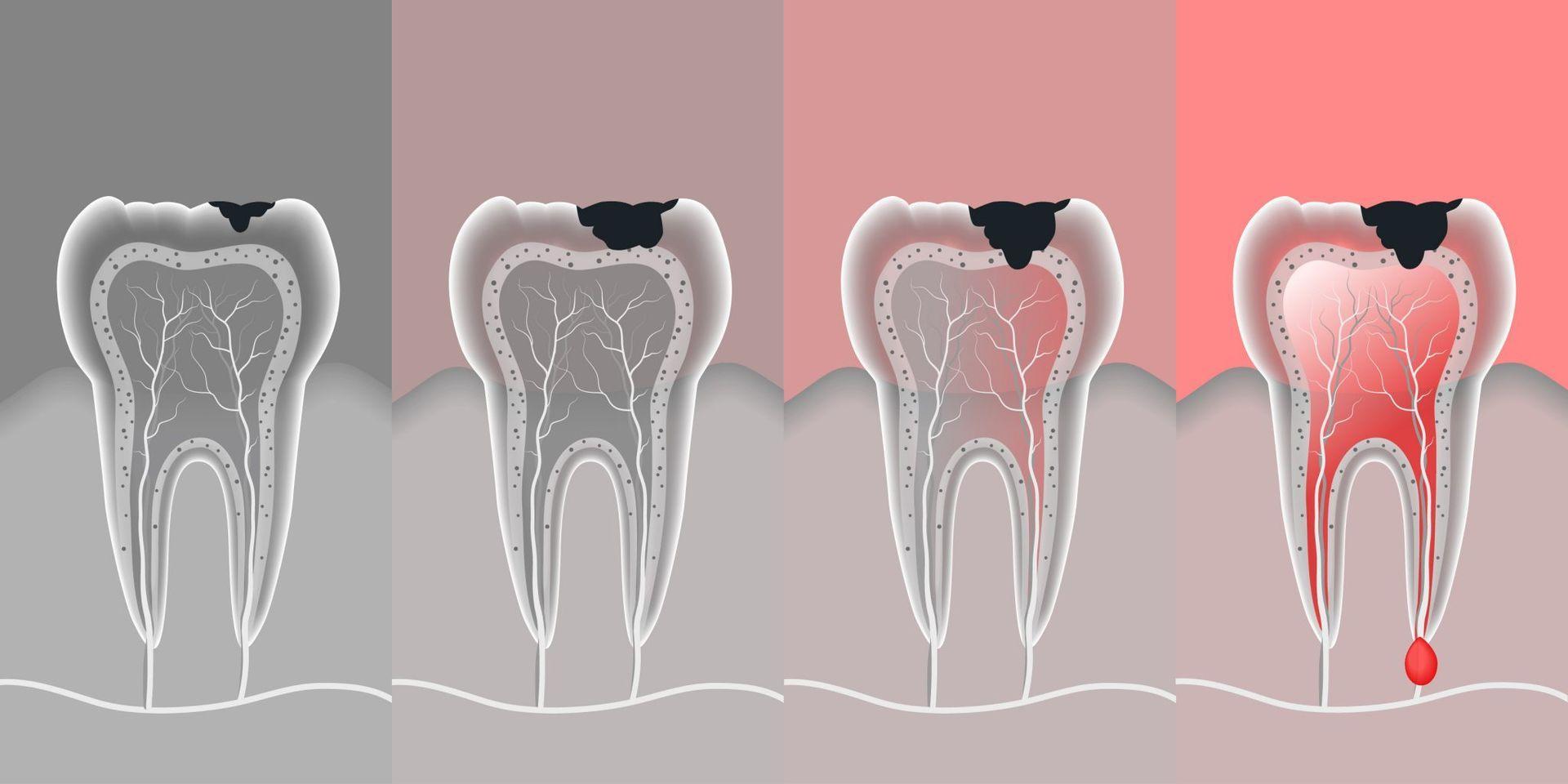
Systemic Health Link: Dental Caries Experience Associated with Elevated Inflammatory Markers in Adults
A study published in the American Journal of Medicine investigated the long-suspected relationship between dental caries (tooth decay) and systemic inflammation in middle-aged and older adults. The research established a significant positive association, finding that a greater burden of past and present caries experience is linked to elevated levels of inflammatory markers in the bloodstream.
This finding adds to the growing body of evidence supporting the oral-systemic health axis, suggesting that tooth decay, much like periodontal disease, contributes to low-grade, chronic inflammation throughout the body.
Key Findings on Caries and Inflammation
The study utilized the Decayed, Missing, and Filled Surfaces (DMFS) Index to quantify the overall lifetime caries experience of participants. The researchers then analyzed various systemic inflammatory biomarkers to determine the correlation:
Elevated Inflammatory Markers: A higher DMFS score—indicating more teeth that have been decayed, extracted due to decay, or filled—was significantly associated with increased systemic inflammation.
Chronic Inflammation: This association highlights that dental caries is not just a localized oral infection; the chronic infectious nature of untreated decay or a history of extensive decay may trigger an ongoing, low-level inflammatory response that persists in the bloodstream.
Age Group: The findings are particularly relevant for middle-aged and older adults, where chronic inflammation is a known risk factor for various systemic conditions, including cardiovascular disease and diabetes.
The Oral-Systemic Mechanism
While periodontitis (gum disease) is the most widely studied oral condition linked to systemic inflammation, this study confirms that caries also plays a role. The underlying mechanism involves:
Bacterial Challenge: Cariogenic bacteria, primarily Streptococcus mutans, penetrate the dentin and pulp, leading to chronic infection.
Cytokine Release: The body's immune response to this chronic infection involves the production and release of pro-inflammatory cytokines (like IL-6 and TNF-alpha) from the infected dental pulp and surrounding tissues.
Systemic Dissemination: These inflammatory mediators can then enter the systemic circulation, contributing to the overall inflammatory load measured by markers such as C-Reactive Protein (CRP) in the blood.
Clinical Implications
This research reinforces the imperative for dentists to adopt a holistic perspective. Treating dental caries should be viewed not only as a means of preserving tooth structure but also as an intervention for mitigating systemic health risk. Preventing decay and managing existing caries effectively may be a simple, low-cost strategy to reduce the chronic inflammatory burden in older populations.
Original Article Details
Original Title: Association between dental caries experience and inflammatory markers in middle-aged and older adults (Abstract)
Source: American Journal of Medicine (via ScienceDirect)
Publication Date: November 2025